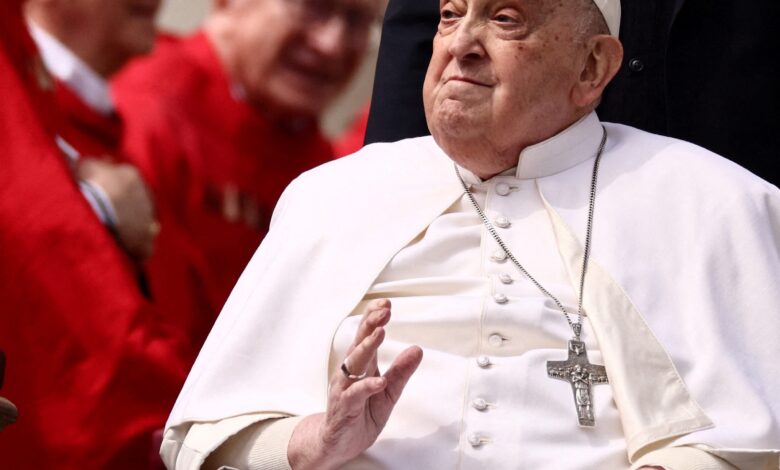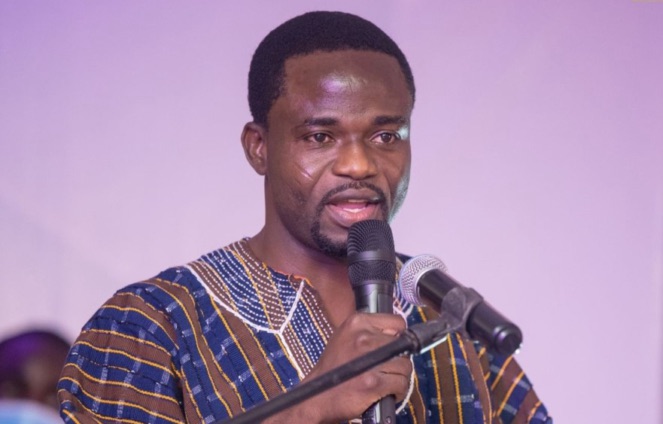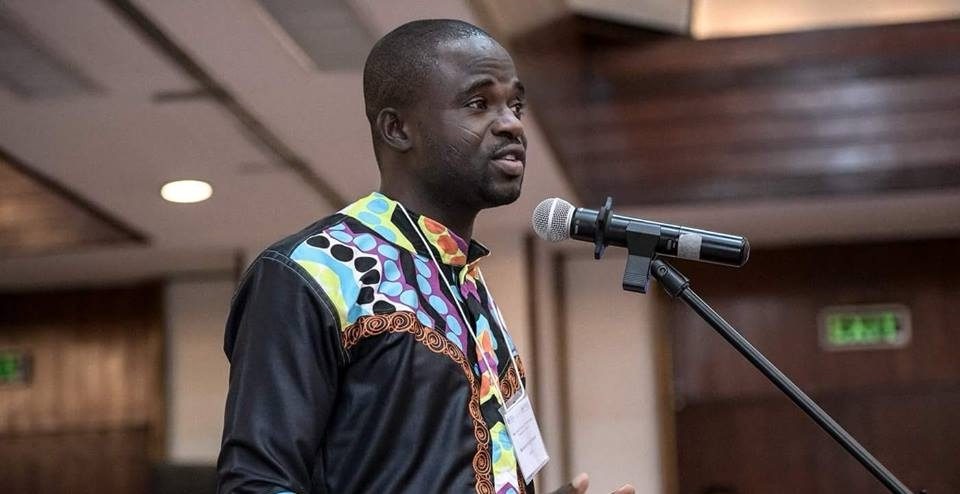The Late Pope Francis was a Nightclub Bouncer—Manasseh Azure Awuni Reveals

Renowned investigative journalist Manasseh Azure Awuni has ignited thoughtful debate across social media after sharing a little-known fact about the late Pope Francis — that he once worked as a nightclub bouncer in his youth.
In a Facebook post on April 21, 2025, Manasseh explained that he stumbled upon the detail while reading various tributes following the Pope’s recent passing. The detail struck a personal chord, prompting him to share it without commentary.
“The Pope As A Once Nightclub Bouncer,” he wrote. “Of everything I read, that’s what struck me, and I posted the fact without a comment.”
Reactions and Misinterpretations
While many online users responded positively, praising the post for its insight and depth, others criticized Manasseh for what they perceived as an attempt to tarnish the Pope’s image.

In response, the journalist clarified that his intention was never to mock or downplay the Pope’s legacy. Instead, he aimed to challenge a prevalent culture of quick judgment, especially within Christian circles.
“We live in an era when Christians are quick to condemn others without giving them a chance,” he noted. “If a nightclub bouncer could rise to become a Pope, then we ought to be careful about the people we write off just because they don’t live like us.”

A Lesson in Redemption and Transformation
Manasseh drew parallels to Apostle Paul, once a persecutor of Christians who later became one of the most influential figures in Christianity. His point was to illustrate how individuals can undergo profound personal transformation, regardless of their past.

He expressed disappointment that many readers chose to ignore the deeper moral lesson and instead focused on criticizing his post.
“Whatever negativity you associated with the post says so much about you, and not the one who posted the fact,” he added.
A Call to Embrace Empathy
The post has since sparked widespread dialogue, with many praising the reminder that a person’s history does not define their future. Manasseh’s reflections serve as a timely reminder of the core values of compassion, patience, and transformation — ideals central to faith and human dignity.




